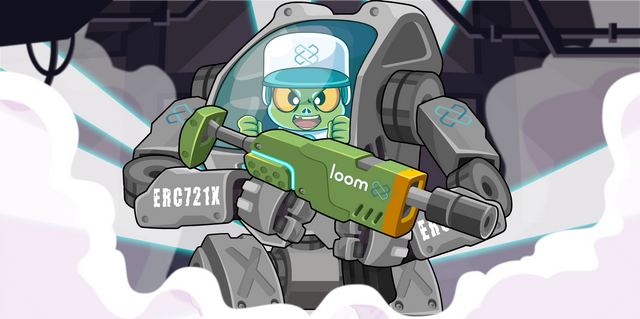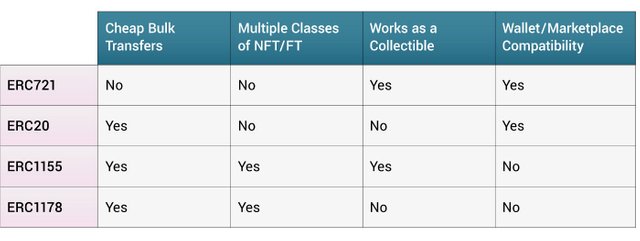Token Standards and the new ERC721x

The ERC standard roster has been heating up over the past few months. New ideas and innovations have hit the market from the many talented teams trying to help move the space forward. The most recent of these is the ERC721x token standard introduced by the folks at Loom Network. Before we dive into ERC721x, let's take a look at the current landscape.
ERC721 is the now infamous standard made famous by CryptoKitties. It provides a standard for non-fungible token creation on the Ethereum blockchain. Each ERC721 token in theory is 100% unique from the next. This means that users who own an ERC721 tokenized asset, are owners of a one of a kind asset.
ERC20 is the baseline standard for the Ethereum blockchain. Unlike ERC721, ERC20 tokens can have duplicates. This is the standard that allows developers to create a limit run of any digital in-game item. For example, if you have 100 common swords in your game, you would tokenize them using the ERC20 standard.
ERC1155 was created by the Enjin team and is the first attempt at allowing bulk management of ERC20 and ERC721. This was an important step forward for the market because gas fees on Ethereum become quickly prohibitive when dealing with large volumes of tokenized assets. ERC1155 attempts to address that issue by allowing devs to facilitate multi-token trades.
ERC1178 is slightly less known than ERC1155, but essentially attempts to accomplish the same outcome using fungible tokens with less complexity. Developers have said that ERC1178 is extremely easy to use due to its similarities to the ERC20 standard.
ERC721x
The latest entry into the ERC standards arena is ERC721x. The goal of ERC721x as I understand it is very similar to ERC1155 in that it allows for multi-token transfers of ERC20 and ERC721 tokenized crypto collectibles. Again, the benefit here is being able to transfer tokens in bulk on a single smart contract saving in gas fees. The added bonus with ERC721x is that it's touted as being backwards compatible with ERC721 and thus benefits from all the infrastructure support ERC721 gets. For example, if a wallet supports ERC721 tokenized crypto collectibles, then in theory it should automatically ERC721x.
The ERC standards have been a critical piece in standardizing a very new and uncharted market. Without these kind of standardizations, developers would have to create everything from scratch, making development unnecessarily complex. As the market continues to gain traction, we can expect many more standards ahead. If there is one thing we can all agree on, it's that there's a lot still to figure out.
Don’t forget to follow us on Twitter and Telegram!
—
Got any comments, corrections, or new info? Get in touch!
Posted from my blog with SteemPress : https://cryptobitgames.com/token-standards-and-the-new-erc721x/
